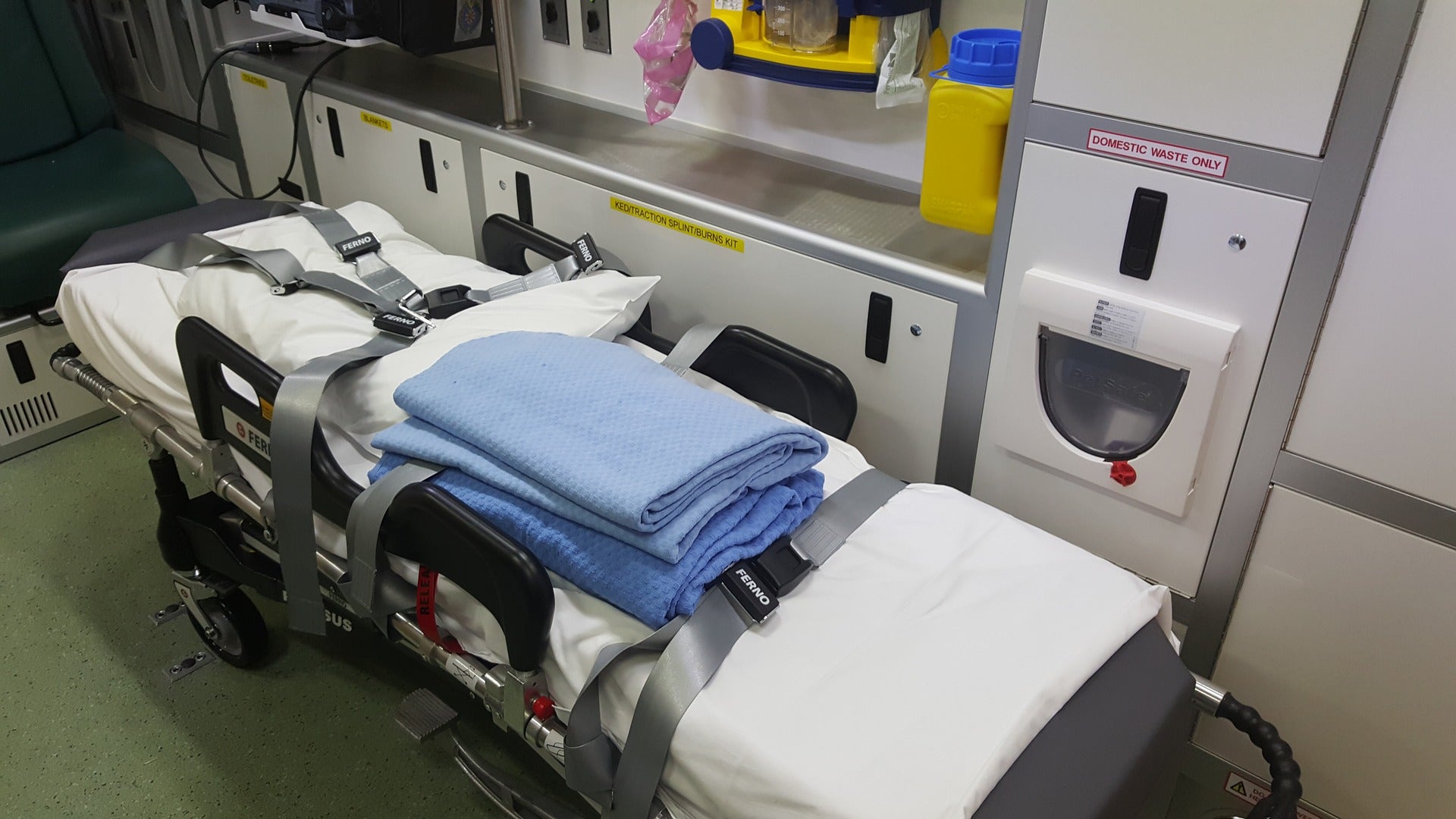Boyle EMS will bill for non-transport runs
Published 7:32 pm Thursday, June 27, 2019

- Public domain
Boyle County EMS will soon begin billing for medical runs that don’t result in transporting a patient.
The Boyle Fiscal Court approved changes to the local EMS billing rates for 2019, including a $375 rate for “ambulance response treatment, no transport.”
EMS Director Mike Rogers said about 20 percent of Boyle’s ambulance runs are not billable right now because they don’t result in a patient transport. That’s an expense for the county without an off-setting revenue.
But more and more, it’s becoming possible to bill for runs, such as diabetic emergencies, during which EMS personnel provide treatment but the patient doesn’t need to go to the hospital. Now, Boyle County has a billing company that’s willing to process such claims — it hadn’t in the past — and there are some private insurances that recognize the value of paying for such non-transport runs.
Rogers has explained previously that because major health insurance providers such as Medicare won’t pay EMS for non-transport calls, it incentivizes EMS providers to transport patients to the hospital who don’t need to go.
In the case of a diabetic patient who just needs to eat something to get their blood sugar under control, transports wind up being notably expensive, he said in May. “If they take them to the hospital, all the doctor is going to do is give them a sandwich and send them home with a big bill.”
Medicare still doesn’t pay for non-transport EMS calls right now, but Rogers said he expects the government-run insurance for senior citizens will begin paying soon.
Magistrate John Caywood said in May, Boyle EMS made 457 runs, but only 323 of those were billable. Over the course of 2019 so far, there have been almost 1,000 un-billable runs.
“That is a huge difference that we’re paying for,” Caywood said. “When we talk about the revenue stream, this is part of the revenue stream.”
Magistrate Tom Ellis, who has a background in health insurance, said “uncompensated care” is a “silent tax on your health insurance.”
“We hope the taxpayer understands that we’re in a similar situation to where a piece of their tax dollar is taking care of that concept known as uncompensated care,” he said.
Magistrate Ronnie Short said he was concerned about low-income people who need care and then get stuck with a bill for non-transport care.
“They definitely don’t have the money to pay for this. You’re going to bill them $375 anyway?” he asked. “If they don’t pay it, you just keep billing it?”
Rogers said after sending the bill three times, the bill would be sent to collections “and that’s as far as it goes.”
According to the credit advice company Credit Karma, bills in collections can negatively impact someone’s credit score. “The degree to which a collection hurts your credit score is generally correlated with how high your credit score is when the collection agency reports the debt. The higher your score, the more points you can lose.”
Caywood noted Boyle County would never file a lawsuit against anyone who fails to pay their EMS bill.
Magistrate Jason Cullen made the motion to approve the new EMS rate chart, noting the likelihood of government insurance paying for non-transport runs “on the horizon.”
“Either the taxpayer is going to pay it, or we can bill these things through Medicare or Medicaid,” he said.




